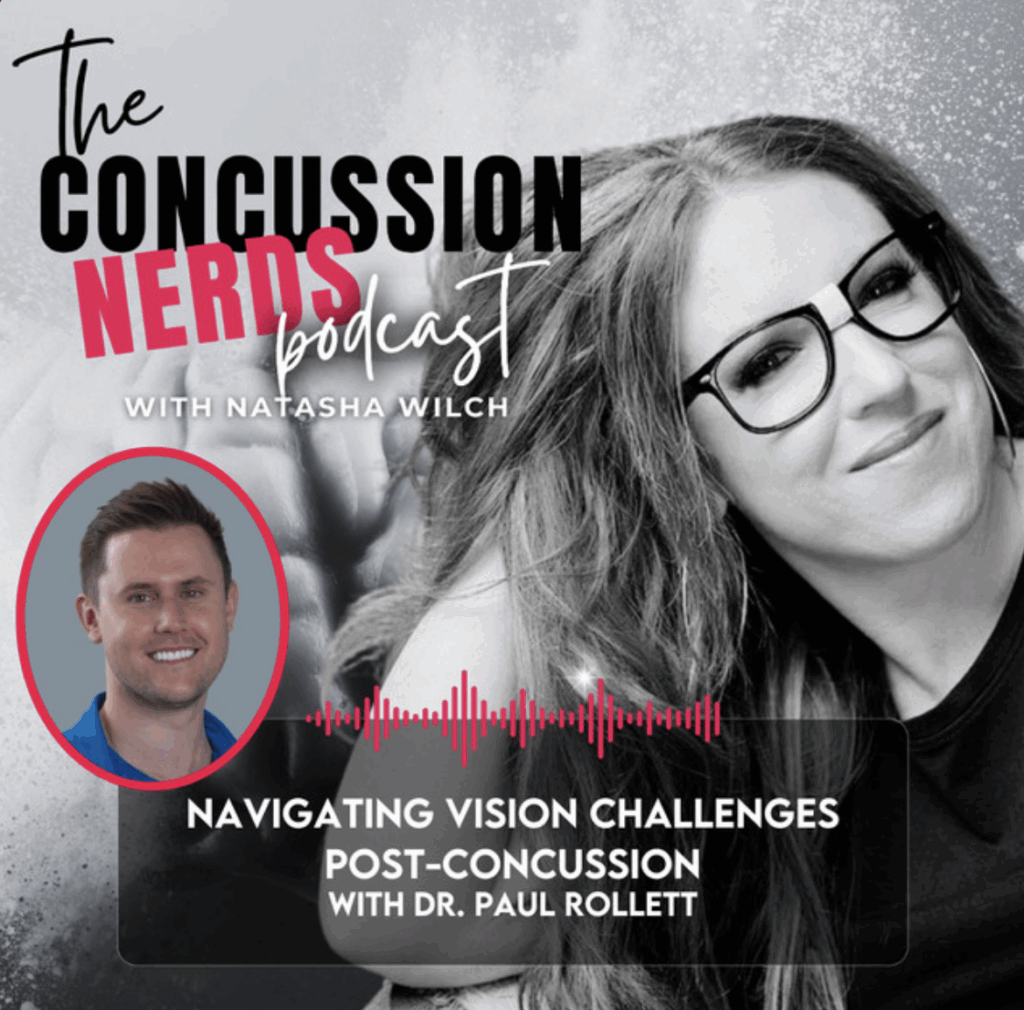One of the more common questions that we hear over the phone or via email here at the clinic is something to the effect of “Does Vision Therapy work for insert sign, symptom or condition?” While we are certainly very appreciative of the inquiries, the answer to this question tends to be quite challenging to address without proper in-office assessment. As with many other forms of rehabilitation, the ability to comment on prognosis, goals and effectiveness relies very much on the findings of each particular case.
One of the challenges that providers in the field of Vision Therapy deal with is building awareness and understanding of our services. As of 2016, the term “Vision Therapy” has not yet found its way into the common vernacular of our society, and so it is somewhat rare that people calling or visiting our office for the first time truly know very much about what we do. This is not only true of the general public, but also of other allied professionals and even some within our own Optometric profession. As mentioned above, the answer to the question “Does Vision Therapy work?” depends very much on the findings, symptoms and individual presenting case. Our basis for whether Vision Therapy will work therefore relies upon a detailed, objectively-driven assessment of eye tracking, teaming and visual perceptual skill. It is truly not enough for me to say that Vision Therapy will work for concussion recovery, reading fluency, sports improvements and the like without knowing the visual baseline from which one starts. All of the cases that we work with and derive programs for are unique and present with differing challenges that may impact their likelihood of recovery – and it would be disingenuous of me to make a blanket statement asserting otherwise.
All of that being said, Vision Therapy absolutely works. It works for improving both objective and subjective findings. It works for a wide variety of signs, symptoms and diagnoses – and it works for nearly any age group. If you are up to date with the growing wealth of science behind what we do, it is nearly impossible to deny its effectiveness. How well it works depends of course on the presenting findings and motivation of the individual enrolled. For this reason, we are very careful to offer our programs only to those who express willingness to fully commit to their visual recovery. Cases where I can be sure Vision Therapy will not work are those where I can sense an entrenched skepticism or only partial commitment to the program. I learned long ago that that these individuals may be best postponing their programs until they are prepared to jump in with both feet.
For me, when someone aggressively questions whether Vision Therapy works, I look at this as an opportunity to educate. To educate on the science, to educate on the process and to educate on the objectively-driven nature of our work. In my experience, it very commonly comes out that the questioning party has a skewed perception or understanding of what it is that we are actually doing in Vision Therapy. To arrive at a common understanding, it is therefore important to first find out the reasoning behind one’s objections and work toward a level of common understanding. No one gains enthusiastic support by trickery or by fighting for it. You need find a way to align your interests and avoid emotionally-driven arguments. It has been said before that you will not change minds by criticizing what people believe, but instead by offering respect, understanding and an open mind.
In summary, it is rather challenging to formulate a succinct response to the question of whether Vision Therapy works. There are far too many factors that play into my individualized response to the question and without detailed assessment, it proves challenging to offer a definitive answer. That being said, myself and the thousands of other providers of Vision Therapy around the world know that when properly selected, patients can and do achieve tangible and impressive gains from the work that we do. The positive feedback that we receive at our clinic week in and week out is what motivates me to continually spread the word about the importance of these services and to share how they can positively impact so many aspects of our day to day lives. Looking to the future, I see a time when the term Vision Therapy enjoys the same ubiquity as the terms Physical Therapy or Occupational Therapy – and the concurrent implied understanding from the public. Until that time however, I am happy to address questions and educate on our services with the aim of continually building professional and public support and understanding.
Until next month,
Paul Rollett, OD
Pertinent Links:




